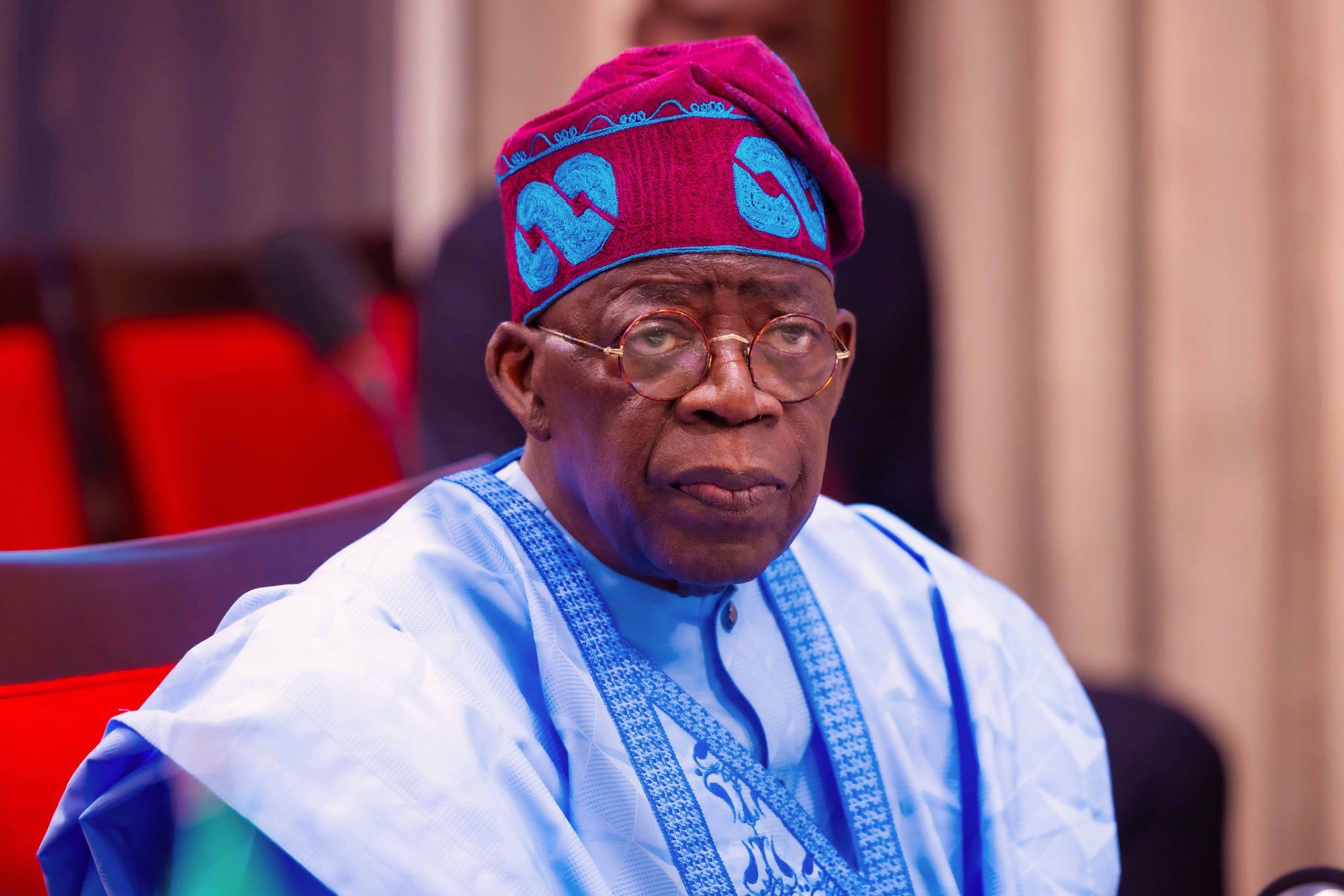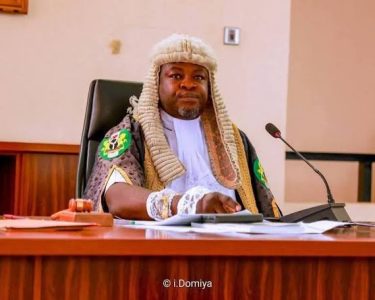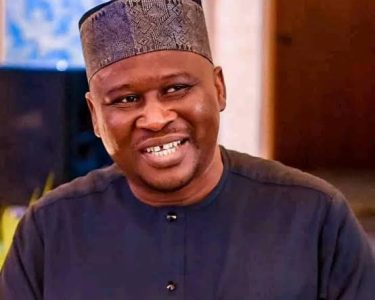Only 36% Of Nigeria’s 2024 Health Budget Spent Despite Extension To June 2025
A review of Nigeria’s 2024 budget performance document for the fourth quarter has shown that only 36 percent of the Ministry of Health’s capital expenditure budget was utilized, despite the budget year being extended to June 2025.
According to the document, ₦543 billion was appropriated as capital expenditure for the health sector in the 2024 fiscal year. However, only ₦174.9 billion had been spent as of June 2025.
This revelation comes amid renewed calls for greater investment in Nigeria’s health sector and urgent reforms to improve healthcare delivery across the country.
In September, the United States government, through its Trade Administration website, highlighted the persistent challenges facing Nigeria’s healthcare system.
“Healthcare infrastructure in Nigeria is still underdeveloped and lacks modern medical facilities,” the report noted.
“The country’s healthcare indicators are some of the worst in Africa. It has one of the fastest growing populations globally with 5.5 live births per woman and a population growth rate of 3.2 percent annually. It is estimated to reach 400 million people by 2050, becoming the world’s fourth most populous country.
“Medical professionals are in short supply, with only about 23.3 doctors per 100,000 population, far below the WHO-recommended 100 doctors per 100,000 population, partially due to the massive migration of healthcare workers overseas. Nigeria loses at least $2 billion every year to medical tourism, according to the Nigerian Medical Association (NMA). India accounts for more than half of this outflow.”
In an interview earlier in October, the Chairman of the Lagos chapter of the NMA, Dr. Babajide Saheed, described Nigeria’s health system as “underdeveloped,” blaming inadequate funding and the government’s lack of political will for the stagnation in healthcare delivery.
“The health system in Nigeria, since independence, hasn’t achieved much of the expected growth, development, and improvement. The health system in Nigeria is still struggling with little or incommensurate achievements,” he said.
Dr. Saheed identified poor financing and the “Japa syndrome” as some of the major issues crippling the sector.
According to him, “Budgetary allocation is still between four to six percent, terribly below the 15 percent benchmark contained in the Abuja Declaration of 2001,” while “lack of priority or interest in resolving the issue of Japa syndrome by the government at all levels” continues to push doctors and other medical professionals abroad.
For years, Nigerians have decried the deplorable condition of public hospitals, with frequent reports of inadequate equipment, shortages of essential drugs, and poor staff welfare. Resident doctors have also repeatedly threatened to embark on strike actions over unpaid salaries, unsafe working conditions, and poor remuneration.







